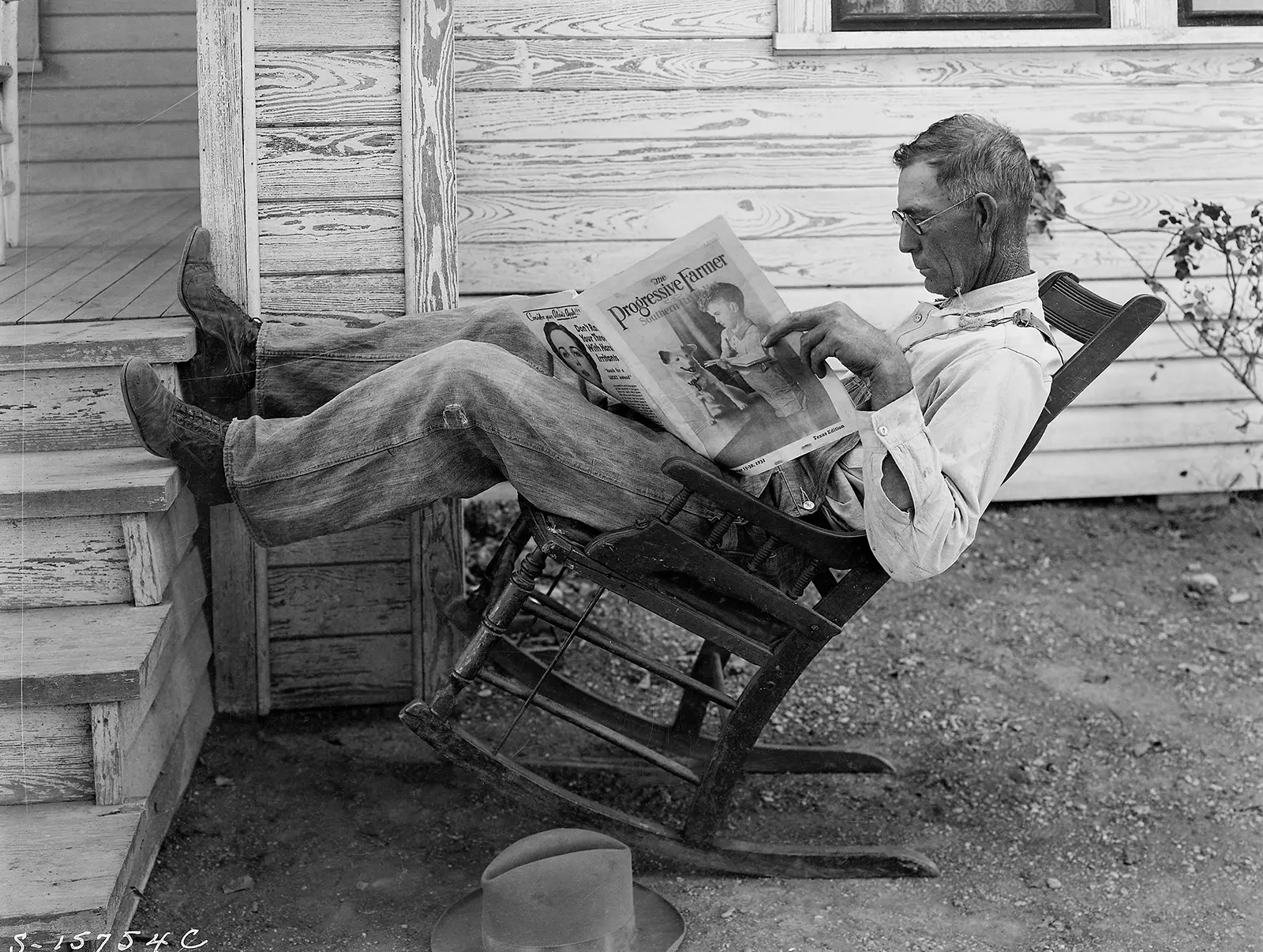I’ll be taking the next couple of weeks off for the Christmas holidays. Look for these to resume in January.
“Can a Phone-Free Learning Environment Work? This College President Emphatically Says Yes.” Charlie Camosy talks with Wyoming Catholic College president Kyle Washut about their campus culture and the benefits of cutting out much digital tech: “I don’t want to oversell the cell phone fast — it doesn’t return us to Eden, but only to the ’90s — we see fewer manifestations of the depression and isolation that plagues education these days. There are still struggles, of course. Our students come to us from a culture that is burdened with real difficulties, and they must work to eliminate that baggage. But the community, the friendships, the academically and spiritually fulfilling lives they live, and the college’s deep commitment to moral behavior and to the truth create the ideal environment in which to work out their struggles.”
“Uncivil Defense.” Bill Kauffman reflects on civility, consistency, and the recent FPR conference: “Trump’s nomination of Gabbard to ride herd on the intelligence agencies (abolition would be better) and the McCarthyite response thereto by the nuts and Boltons came shortly after I had rambled on about ‘civility’ at the annual conference of the Front Porch Republic, held this year in Grand Rapids, Michigan, the city that gave America Gerald R. Ford, Amway, and director Paul (Hardcore, Blue Collar) Schrader.:
“Why the Progress Debate Goes Nowhere.” Samuel Matlack doesn’t exactly solve the debates over technological or civilizational progress, but he brilliantly shows why they seem interminable and unresolvable: “The paradigm for extrinsic progress is the production of a thing: the completion of the house is the goal toward which the house is progressing. The paradigm for intrinsic progress is the growth or maturing of an organism, for example a person. The person is already a complete being at the start of the process but now grows as a result of it: the piano player increases in musical maturity. When progressivists and primitivists disagree about their visions of the good life, more often than not they are talking past each other because they have different types of progress in mind.”
“The Disappearance of Abdullah Öcalan.” Toby Green details the plight of a Kurdish leader who has been imprisoned in Turkey for twenty-five years. The condition of the Kurds is a stark reminder that nation-states often erode or obliterate local communities: “Inspired by the American libertarian municipalist and former anarchist, Murray Bookchin, Öcalan’s concept of democratic confederalism confronts the historic causes of violence in the Middle East, not just in Kurdistan but also Gaza, Lebanon and Israel. In his view, these conflicts stem from the collapse of the multi-ethnic and multi-linguistic Ottoman Empire in 1919, and its division into nation-states where – anxious to ensure that they have decision-making power within their state boundaries – majority groups have turned on minorities with catastrophic consequences.” (Recommended by Adam Smith.)
“A Gathering of Old Men.” Brian Miller reports from the auto shop where his truck’s break-down led him on a trip to visit family: “Throughout the day the door periodically opens and an elderly man comes in and takes a seat. A revolving club of cronies who have known each other since childhood share news, regale me with stories of hunting trips gone wrong, and, without fail, give me the same tip: order the chicken stir-fry for lunch at the restaurant next door. Each sits for an hour or two in conversation before inevitably saying, ‘I better get to the house.’ The door opens and they leave the group.”
“Tyson Foods Cut Contracts with Missouri Farmers and is Working to Silence their Legal Fight.” Egan Ward reports on a lawsuit that alleges “Tyson coordinated closely with Cal-Maine Foods, the company that ended up buying the Dexter plant. That coordination prevented farmers from continuing their same operations with another Tyson competitor. Documents also show Tyson tried to prevent its former contract farmers from seeking legal remedies over the broken contracts, and has possibly attempted to discourage farmers from speaking with federal officials and journalists.”
“Mass. Exodus.” Joseph Lawler shows how housing scarcity is making Massachusetts an increasingly elitist state: “Since sometime in the 1970s, localities in Massachusetts have made housing scarce through land use restrictions, and for decades now demand has outstripped supply. Boston and all the towns in the state find themselves in a sort of collective action problem: If any one locality significantly eased land use rules, it would be rapidly transformed because of the soaring demand. Fearing such abrupt change, localities resist even marginal upzoning. State legislatures have resorted to effectively strong-arming towns en masse.”
“The Genius of Handel’s Messiah.” Jan Swafford reviews Charles King’s Every Valley: The Desperate Lives and Troubled Times That Made Handel’s Messiah and explores how the famed song’s context helps us relish its beauty: “King, who embarked on the book during the pandemic, found renewed comfort in the Messiah’s arc, especially its message of hope in difficult times, starting with those first words: ‘Comfort ye.’ He also felt moved to recover ‘the Messiah’s sheer weirdness’ by exploring its origins in the murkier currents of what is remembered as the age of reason.”





